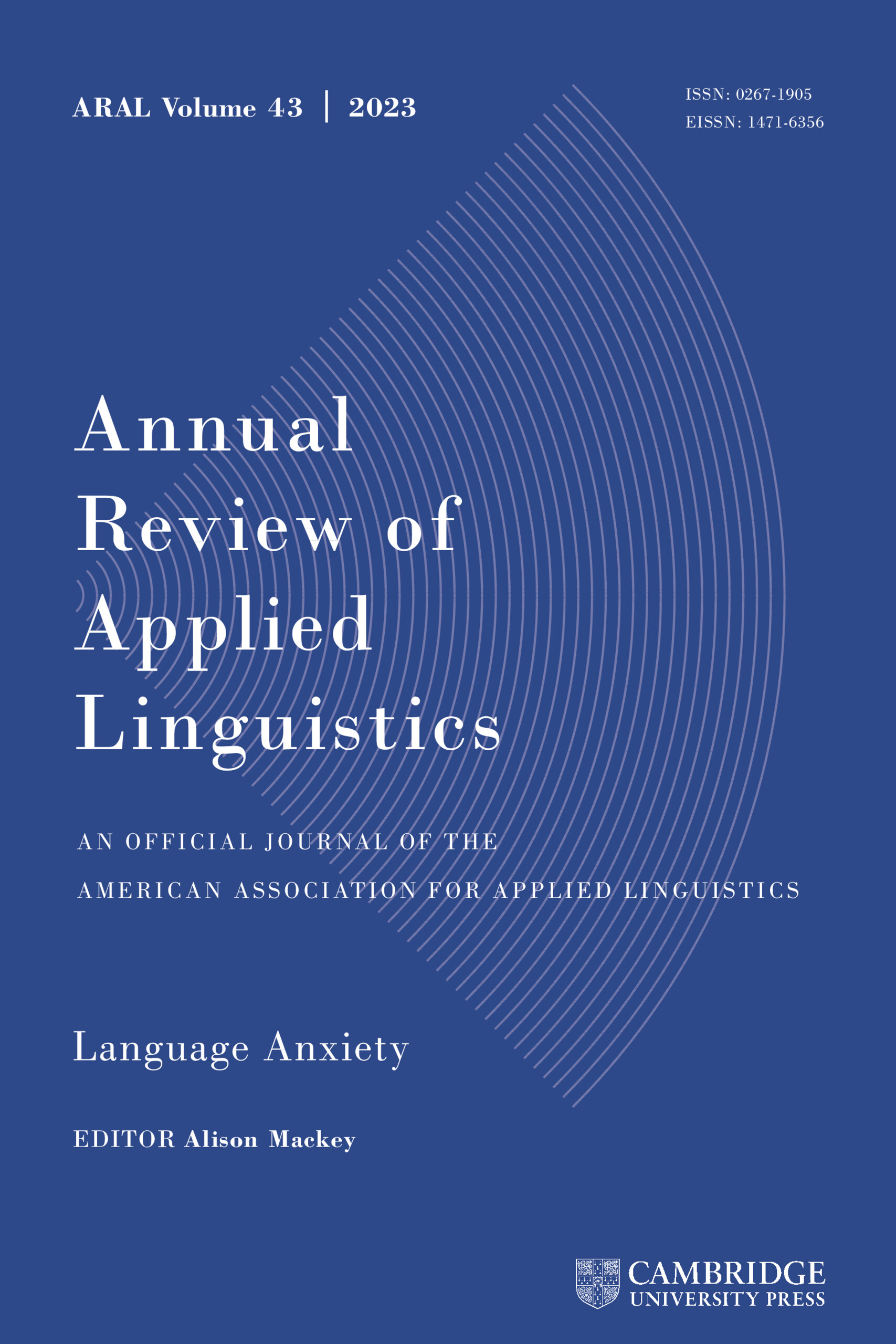Can You Learn a Language While Sleeping?

When you buy through our links, we may earn a commission. Products or services may be offered by an affiliated entity. Learn more.
Only about 20% of people in the U.S. learn a foreign language as part of their K-12 education — a figure that’s low compared to European countries. As a result, people in the U.S. may find themselves wanting to learn another language as an adult.
According to language educators, it can take several hundred hours of language learning each year for multiple years to become proficient in another language. Since not everyone has this kind of time, some people wonder whether they can learn a language while asleep.
Is It Possible to Learn a Language During Sleep?
Experts have spent more than 100 years “sleep learning” (also known as hypnopedia) and debate whether or not a person can learn a language or retain other information while asleep. While no one appears to have learned a language mid-sleep yet, research suggests that sleep can potentially still help with language learning.
Hearing the meanings of previously learned foreign language words during sleep can help boost explicit memory (knowledge that people have conscious awareness of, versus implicit memory, which people do not have conscious awareness of) of those meanings when they are awake
Trusted Source
Oxford Academic Journals (OUP)
OUP publishes the highest quality journals and delivers this research to the widest possible audience.
View Source
.
Additionally, listening to recordings of word meanings never encountered before while asleep can also lead to learning that is demonstrated while awake
Trusted Source
Current Biology
Current Biology is a general journal that publishes original research across all areas of biology together with an extensive and varied set of editorial sections. A primary aim of the journal is to foster communication across fields of biology, both by publishing important findings of general interest from diverse fields and through highly accessible editorial articles that explicitly aim to inform non-specialists.
View Source
Trusted Source
Frontiers
Frontiers is one of the largest and highest-cited publishers in the world and has information on more than 600 academic disciplines.
View Source
Trusted Source
eLife Sciences
View Source
.
In one study these findings were extracted from, researchers played previously learned Dutch words to German speakers as they slept. Tests later showed that the participants’ memory of the recorded Dutch words had improved compared to their memory of previously learned words that weren’t on the recording played for them during sleep.
Researchers have also taught sleepers new words as they slept, later testing them on these words. The new words were either fake words or Japanese words. After waking up, sleepers who had heard recordings of the word pairings had increased implicit memory of the words.
Participants were more likely to have an implicit memory of words they heard during non-rapid eye movement (NREM) sleep. Researchers propose that sleepers may not learn as much of what they hear during rapid eye movement (REM) sleep because vivid dreams are more common then and they may compete with the recording.


The Role of Sleep in Memory Consolidation
Sleep helps people form and retain memories
Trusted Source
American Physiological Society
View Source
. While older research has focused more on REM sleep, newer research has focused on slow-wave sleep — the third stage of NREM sleep. Slow-wave sleep is now thought of as time the brain uses to form memories. Experts previously thought memory formation happened during wakefulness. Recent research suggests that both NREM and REM are likely involved in memory formation in some way
Trusted Source
Society and Development
View Source
, but most sleep learning involves slow-wave sleep.
Some studies suggest that sleep spindles, a particular form of brain wave seen during sleep, help people form memories
Trusted Source
Current Biology
Current Biology is a general journal that publishes original research across all areas of biology together with an extensive and varied set of editorial sections. A primary aim of the journal is to foster communication across fields of biology, both by publishing important findings of general interest from diverse fields and through highly accessible editorial articles that explicitly aim to inform non-specialists.
View Source
. Listening to a recording about previously learned information has been found to increase spindle activity and, in turn, increase a person’s memory of that information later on. Sleep spindles are more common during stage 2 of NREM sleep.
How to Try Learning a Language in Your Sleep
“It may be appealing to try to expand one’s vocabulary or master a new language while remaining asleep. Realistically, this is not likely an efficient means to achieve this goal,” says sleep physician Brandon Peters, M.D., FAASM.
Instead, try these tips to see if you can strategically use sleep to accelerate your language learning:
- Nap after language learning: Research found that people who took a daytime nap after learning word pairs remembered what they had learned better than those who stayed awake after learning word pairs
Trusted Source
Wiley Online Library
Wiley Online Library is one of the largest and most authoritative collections of electronic journals published by Wiley, as well as a vast and growing collection of reference works and other books.View Source
. Next time you learn new words in your foreign language of choice, consider taking a quick nap afterward to see if it helps solidify the learning. - Listen to language recordings while asleep: Multiple studies have found that listening to recordings of word pairings while asleep can help a person either increase their memory of previously learned word pairs or develop new memories of word pairs. These recordings could be listened to at night or during a daytime nap after language learning.
- Listen to pink noise while asleep: One study found that hearing pink noise, a type of sound similar to the more well-known white noise, during slow-wave sleep improved memory of word pairs
Trusted Source
Frontiers
Frontiers is one of the largest and highest-cited publishers in the world and has information on more than 600 academic disciplines.View Source
. While more research is needed, people eager to try this technique at home can purchase a white noise machine that also produces pink noise.
It’s important to keep in mind that there’s still a lot we don’t know about sleep learning, so these techniques may or may not be helpful. Many people experience sleep disruptions when they hear sound during sleep. If that describes you, you probably want to avoid playing recordings or pink noise while you sleep so you can focus instead on getting quality rest.

Still have questions? Ask our community!
Join our Sleep Care Community — a trusted hub of product specialists, sleep health professionals, and people just like you. Whether you’re searching for the perfect mattress or need expert sleep advice, we’ve got you covered. Get personalized guidance from the experts who know sleep best.
link









